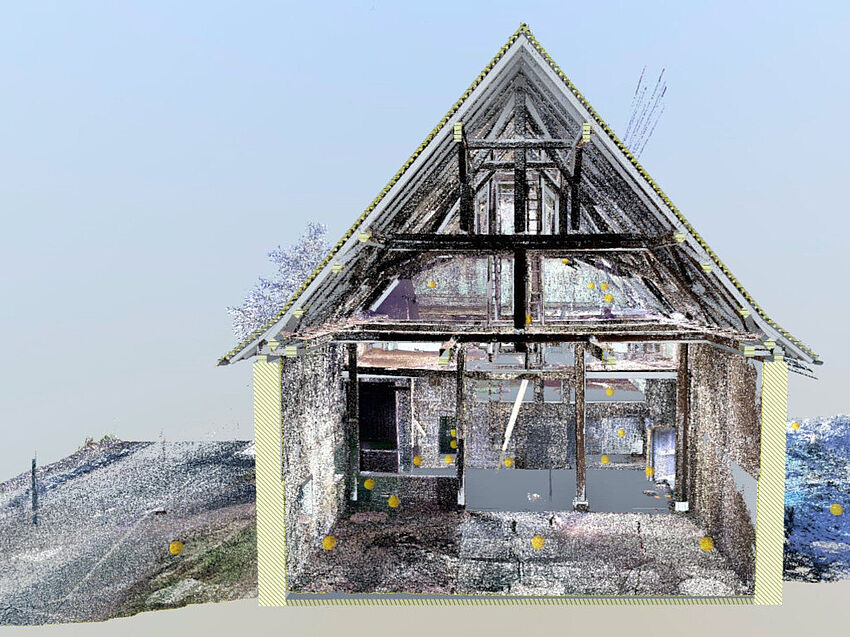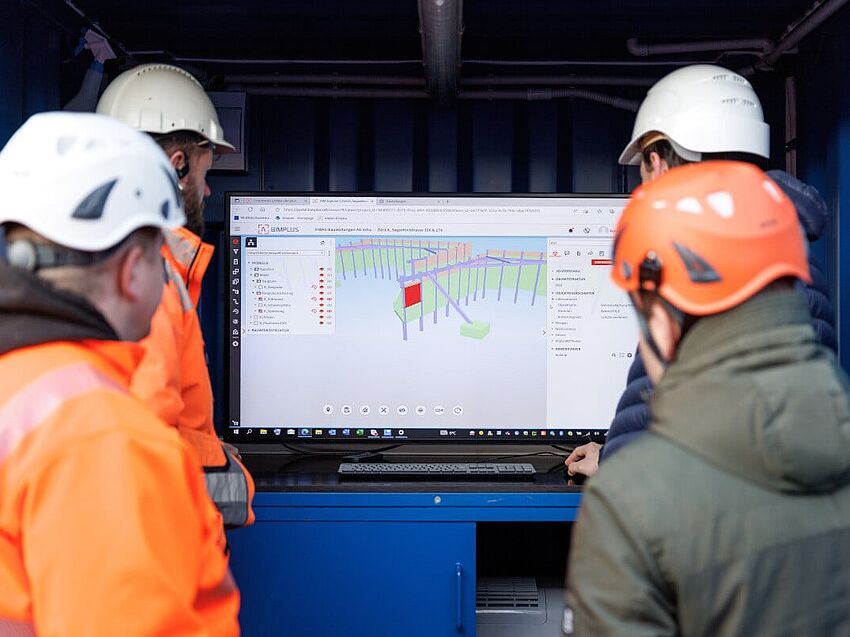Building Information Modeling(BIM) changes the work processes and patterns of activity in construction. It leads to new and complex occupational profiles. Besides the BIM coordinator the role of the BIM Manager in particular is very important. They have the overview of the bigger picture and they monitor and are responsible for compliance with the agreed BIM processes. In this article we present to you the areas of responsibility and area of expertise of this progressive profession.

The job roles of BIM manager and BIM coordinator
The BIM manager is in full control from the early planning stage through to project completion. They design document templates for the construction partners and thus create an infrastructure for integrating BIM into the daily work processes. They make sure that the scheduling and cost budget are met, control new guidelines and manage the workflows. The BIM coordinator is responsible within the project team for monitoring and correctness of the 3P project data and ensures smooth data exchange and a functioning communication structure.
This complex 3D data should ideally be created by another individual in the project team who is specialized in the new working method and familiar with every aspect. As the job titles have not yet been explicitly defined, or prescribed by law, ALLPLAN has introduced the term of BIM modeler and organizes seminars covering the in-depth skills for producing BIM-compliant building models in ALLPLAN and these conclude with the certificate as ALLPLAN BIM modeler.
The technical and social skills of the BIM manager
The BIM manager has a wide range of specialist and social skills. Technical competence is essential in this. This is not though limited to merely handling the BIM method; the BIM manager has in-depth IT know-how and programming skills. For example, they know how to resolve interface issues. Also expertise in building technology and in planning law characterizes this occupational profile. In addition, organizational talent and communication and team skills are their strengths since as manager they coordinate information exchange of all parties involved in the project. The successful BIM manager is also a networking professional. In order to stay across developments they regularly discuss ideas with experts who give them important information about BIM and also discuss technical innovations at a national and international level. The successful BIM manager has fluent spoken and written Englishskills and is a confident negotiator.
Training opportunities for becoming a BIM manager
The profession of BIM manager is complex and wide-ranging. Architects and civil engineers with experience on the building site, who have all said competences, are hard to find. However, there are now several private training opportunities for developing all-rounders. BIM is already being discussed in many lectures at public universities too. An in-depth programme of study is not yet available however as uniform training standards are lacking. When integrating the BIM manager in your company it is appropriate in the first instance to provide further training to existing personnel with practical experience.




